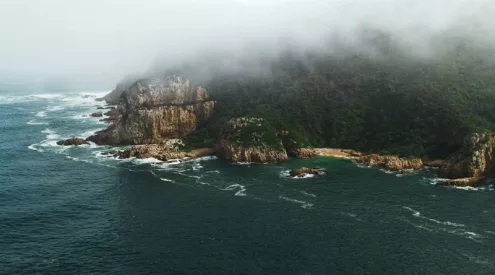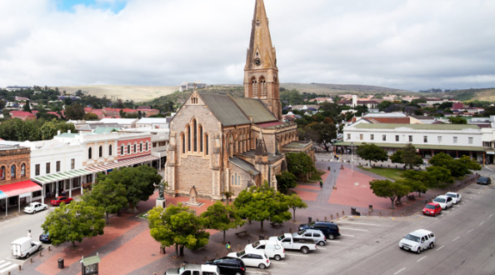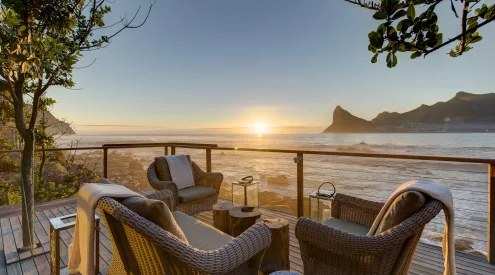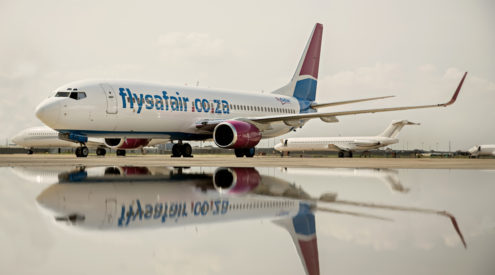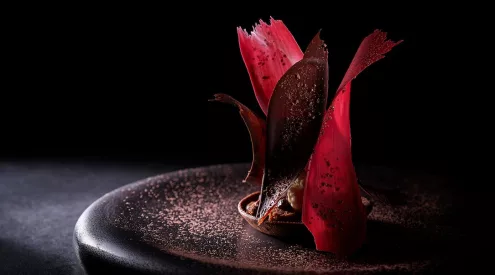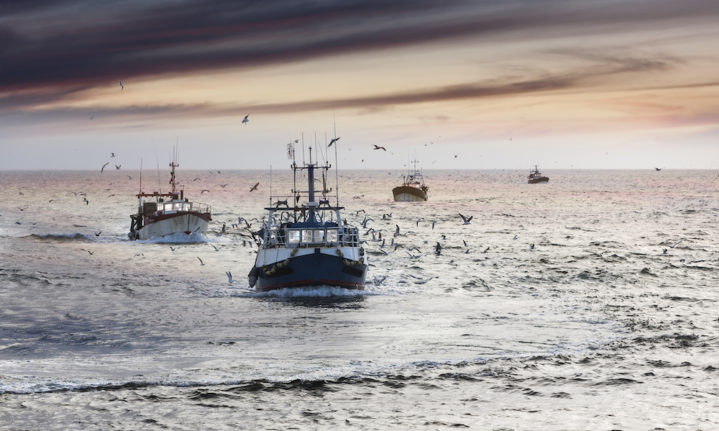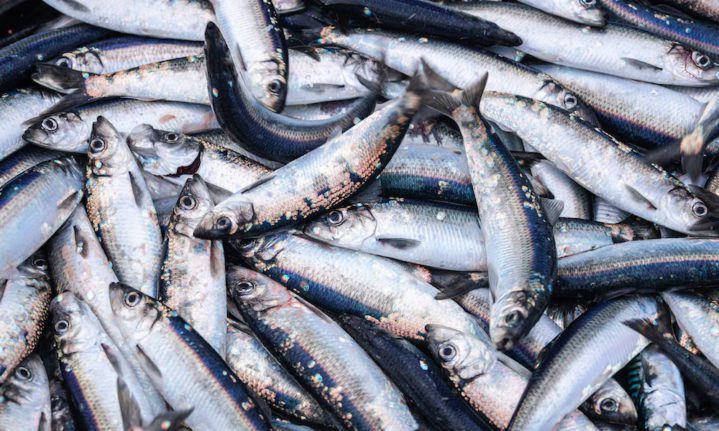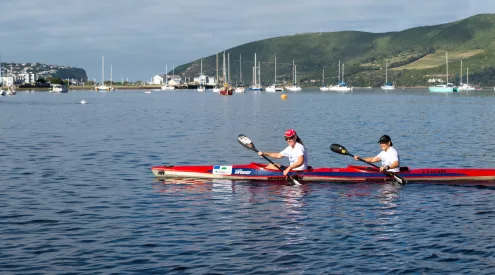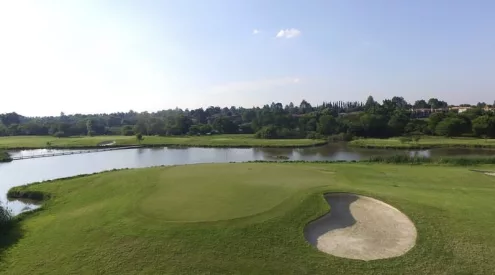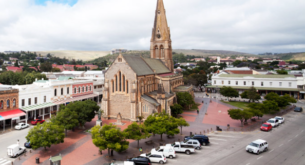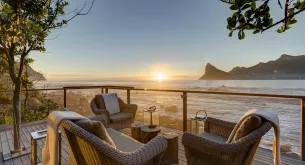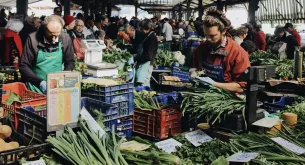With most South Africans focused on SONA or the loadshedding schedule, the UN’s Day to recognise Women and Girls in Science (Saturday 11 February) largely slipped by unnoticed.
Beneliza Noarises, a sea-going scientist, thinks that’s a pity because she believes more women should be pursuing their dreams – even if that means pushing back the boundaries in traditionally male-dominated fields, including science.

Picture: Supplied
Thankfully times have changed since women at Harvard University weren’t allowed to look through telescopes and only do calculations. However, societal prejudices, poverty, and education systems can sometimes still deny opportunities to many aspirant female scientists in southern Africa.
In spite of this, Beneliza has grabbed every glimmer of a chance to not only build a scientific career but to do it in the traditionally male-dominated fishing sector. She’s a sea-going quality controller for Erongo Marine, a subsidiary of Africa’s largest fishing company, Oceana.
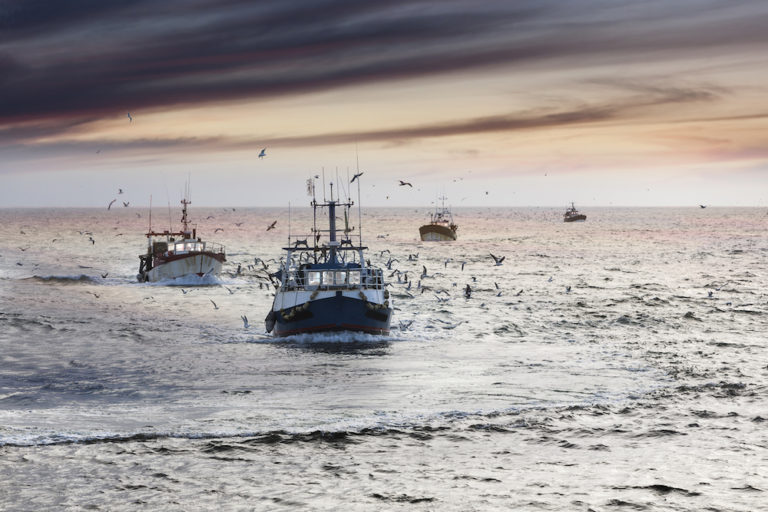
It was unlikely that a packer at Cadbury would kickstart her career as a sea-going scientist, but a foot in the door was all she needed. After a few months, she was promoted to quality support assistant. It was here that she was first exposed to product development and the scientific rigors of food-quality testing.
Impressed by her aptitude and enthusiasm, the company supported her studies at UNISA where she obtained a higher certificate in total quality management.
She also added certificates in microbiology for non-microbiologists, internal auditing, FSSC 22000 awareness, research, development, and quality amongst others.
Sometime later the Safety Health Environment and Quality manager resigned and Beneliza was offered the job in an acting position.
‘Even with the fear in the back of my mind, I knew this was an opportunity to prove myself and that I was capable and deserving. I took on the role and ran the department successfully for two years.’
It was a great start to a career that had begun as an 18-year-old unqualified packer, but she would have to navigate some storms before getting her career back on track. In 2014 the company closed and Beneliza was retrenched.
Undaunted by the temporary setback, she got another job as a quality assurance officer at a different company where she worked for seven years, before going to sea as one of the quality controllers in the Oceana Group in 2021.
The sea-going scientist is the only woman working in the fish processing area, with responsibility across two horse mackerel fishing vessels where she grades fish, assesses them according to quality standards, checks that the weights of the frozen blocks are correct, verifies the temperatures from receiving to the end product, maintains the hazard analysis critical point control (HACCP) system, monitors for non-compliance and reports her findings.
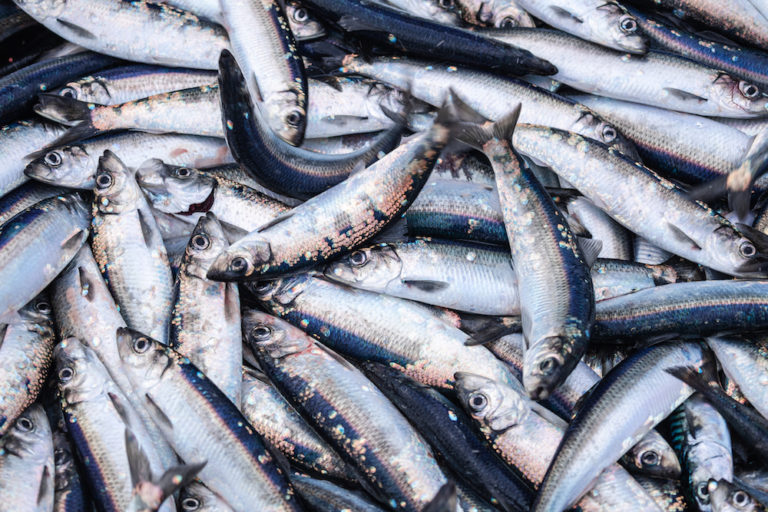
‘It’s a male-dominated industry and it’s easy to be intimidated. Working at sea has taught me to be strong, confident, resilient, and willing because as women we always have to prove ourselves.
‘Our career choices should not be limited by our gender. More women, especially women of colour, are taking up their rightful places in the field of science and other sectors previously mainly the preserve of men. This becomes a virtuous circle because it shows other girls and women their dreams are obtainable.’
The famous French physicist, Marie Curie, may have identified with this. Her membership in the male-dominated Académie des Sciences was rejected until she won her second Nobel prize.
Pictures: GettyImages
Follow us on social media for more travel news, inspiration, and guides. You can also tag us to be featured.
TikTok | Instagram | Facebook | Twitter
ALSO READ: The Lady in the Landy: Carla Geyser

